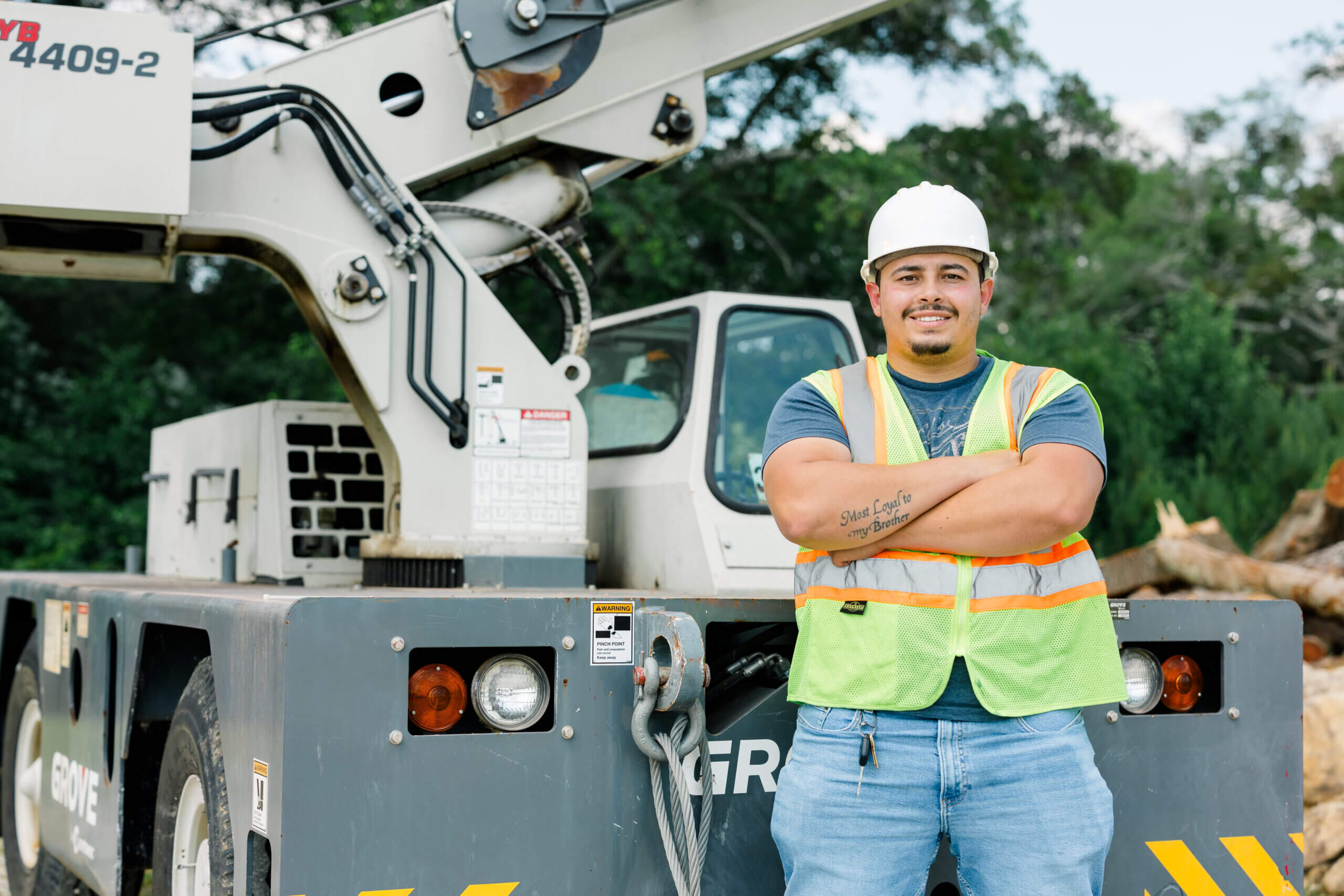

Become a Rigger!
Step into the thrilling world of rigging, where your expertise transforms construction sites and industrial projects into marvels of engineering. As a rigger, you’ll be the mastermind behind preparing, assembling, and securing the equipment and materials that cranes and other powerful lifting machinery will hoist into the sky. Imagine coordinating the complex ballet of heavy loads and precision movements, ensuring every lift is flawless and safe. Embrace the excitement of working closely with massive machinery and the satisfaction of knowing that your skills are essential to every successful project. Become a rigger and elevate your career to new heights!
-
AT-A-GLANCE
A rigger is responsible for preparing, assembling, and securing the equipment and materials to be lifted by cranes or other lifting machinery.
-
Typical Salary Range:
Typical entry level positions start around $30,000 per year while the most skilled and experienced workers can make $65,000 or more per year.*
-
*Salaries listed are only estimates and can vary widely depending on several factors including but not limited to location, type of work, experience, certifications, fringe benefits provided, union, open shop, etc.
-
Typical Duties/Responsibilities:
Attaching loads to lifting devices using rigging techniques, such as slings, chains, and hooks, and ensuring that the load is balanced and properly secured to prevent accidents during lifting operations. Riggers also calculate load weights, determine appropriate rigging configurations, and communicate with crane operators or signalpersons to coordinate lifting activities safely and efficiently. Additionally, they may inspect rigging equipment for defects, maintain records of rigging activities, and adhere to safety regulations and industry standards to minimize risks and ensure the success of lifting operations.
-
Typical Experience/Training:
Typically receives training and hands-on experience to become qualified and additional training if taking a certification exam.
-
Typical Skills:
Rigging Techniques; Understanding Load Dynamic; Knowledge of Crane Operations; Safety Consciousness; Problem-Solving Skills
















